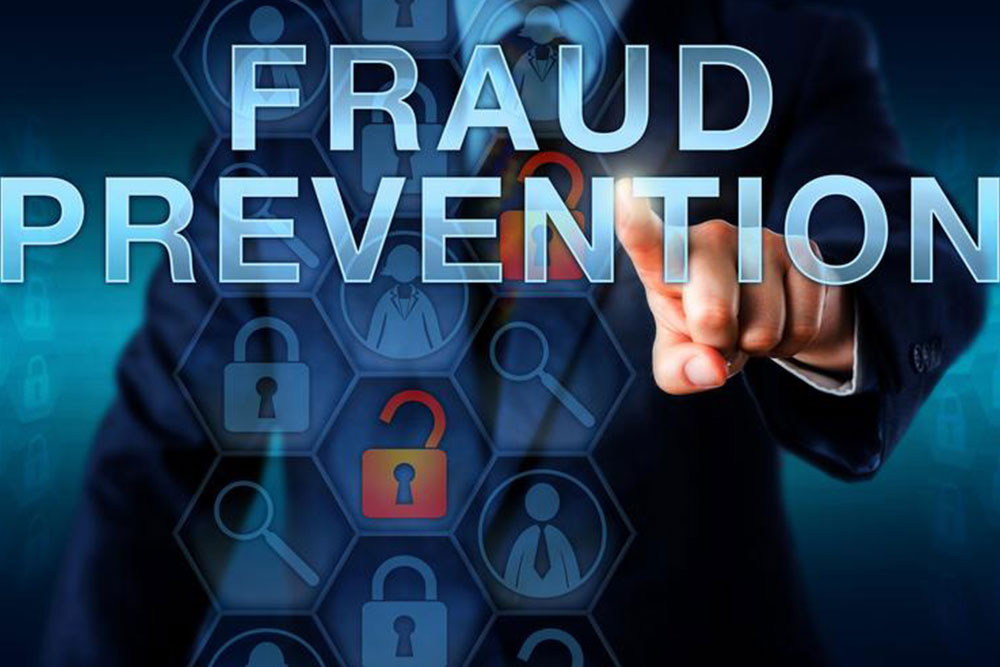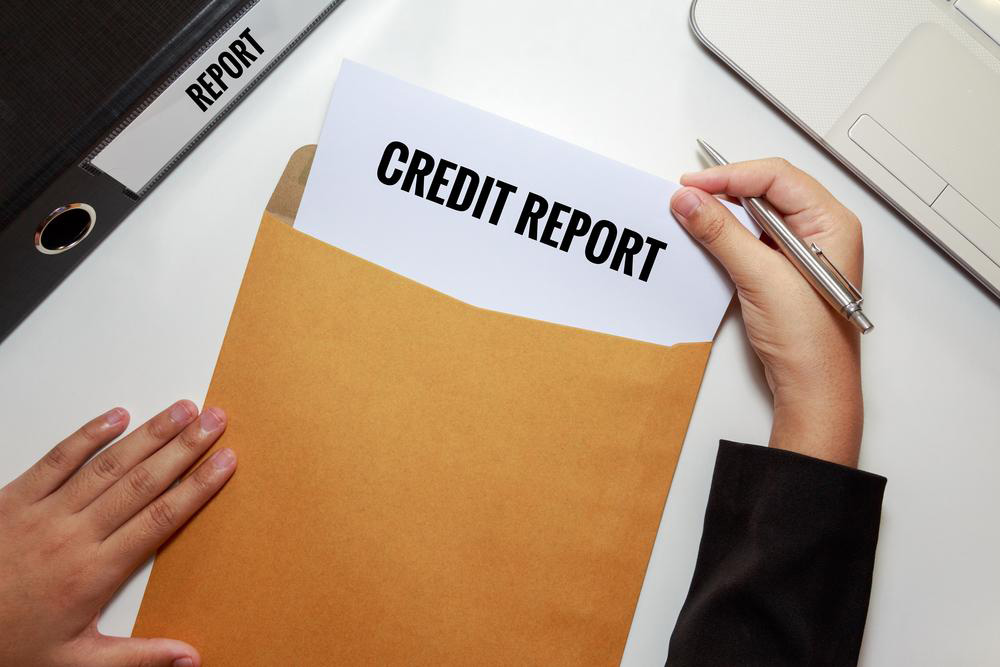Identifying Common Fraud Types and How to Report Them
Learn to recognize various scams including financial fraud, phone scams, Census fraud, lottery schemes, charity scams, pyramid schemes, and tax fraud. Find out how to report each type effectively through relevant agencies such as the FTC, IRS, or local authorities. Protect yourself by understanding common scam tactics and appropriate reporting mechanisms to stay safeguarded against financial and personal losses.
Sponsored

Scams are constantly evolving, and reports indicate losses exceeding 4 billion dollars annually. With technological advances, scammers' methods grow more sophisticated. Knowing how and where to report fraudulent activities is essential to protect yourself. Here’s a guide to help identify different scams and the correct channels for reporting each type.
Financial scams
Common financial frauds include overpayment schemes, phishing attacks, automatic withdrawal fraud, and fake checks. Reporting varies depending on the scam’s nature. For example, fake checks should be reported to the US Postal Inspection Service, while phishing emails go to the Federal Trade Commission (FTC). Unauthorized withdrawals require immediate contact with your bank to halt transactions.
Phone scam alerts
Scammers often use calls, texts, or automated voices to steal personal information or money. These calls may promise fake rewards, threaten legal action, or solicit investments. Report these to the FTC via their website or helpline. Robocalls and unwanted telemarketing can be notified to the Do Not Call Registry.
Census-related fraud
Fraudulent actors may impersonate Census Bureau employees to gather personal details for identity theft or fraud. These scams include fake letters or home visits. Report suspicious activities to your state Census Bureau office or forward scam emails through official channels.
Lottery and sweepstakes frauds
Scammers exploit the hope of winning big prizes with fake lotteries or sweepstakes that require upfront fees or bank details. If you receive such offers, report postal-based scams to the postal inspectors and online or phone scams to the FTC. Automated calls promoting fake wins should be reported to the Do Not Call Registry.
Charitable fraud
Con artists often pose as genuine charity volunteers, especially after natural disasters or tragedies, to solicit donations. Always verify charities before donating. Report suspicious organizations to your local consumer protection office or the FTC. The National Center for Disaster Fraud handles cases related to disaster-related scams.
Pyramid scheme alerts
Pyramid schemes mimic legitimate multi-level marketing but rely on continuous recruitment to generate profits, which ultimately collapses. Investing in such schemes can lead to significant financial loss. Report these scams to your state consumer protection office or the FTC.
Tax fraud concerns
If you suspect tax-related fraud, such as false business claims or identity theft involving Social Security numbers, report directly to the IRS. You may qualify for a reward for reporting fraud. Identity theft cases should be reported immediately using IRS form 14039. State tax agencies also handle local tax fraud reports.






